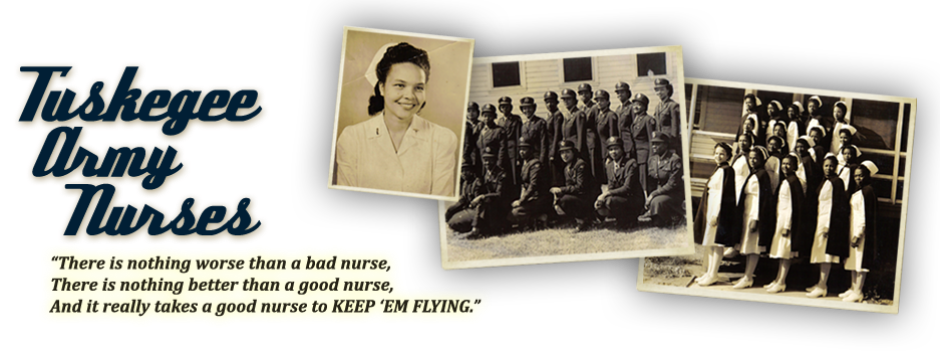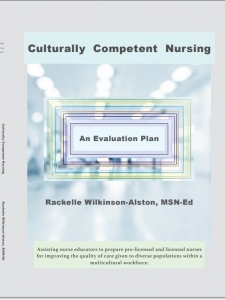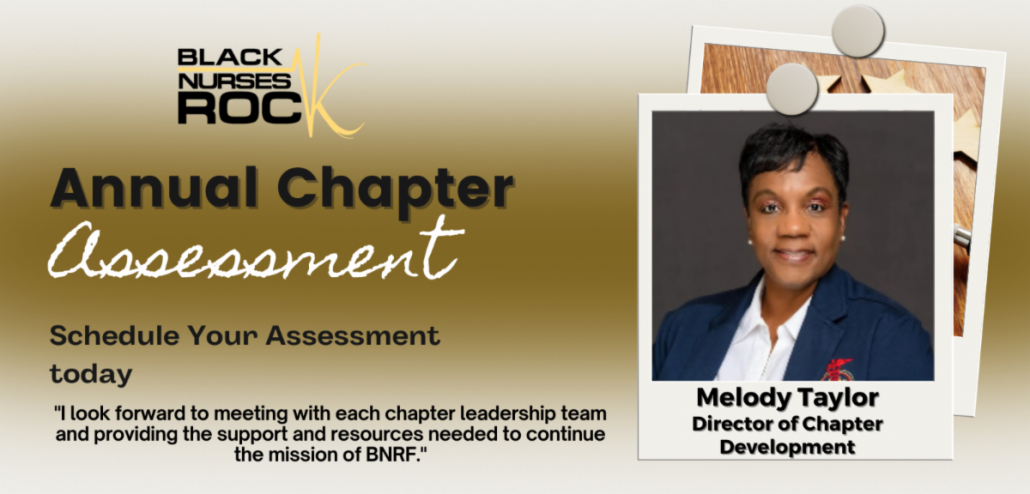BNRF Staff Participate in Summit to Improve Awareness, Treatment of Cardiac Implantable Device Infections
The summit organized by the American Heart Association aims to bridge gaps in detection and appropriate care of implantable device infections
Black Nurses Rock participated in an American Heart Association summit of more than 40 health care professionals to bridge gaps in awareness, detection and appropriate treatment of cardiac implantable electronic device (CIED) infections.
As many as one in 20 patients with a CIED, such as a pacemaker or implantable defibrillator, develops an infection within three years of implantation. Despite current guidelines, only one in five patients with a CIED infection undergoes timely extraction – the most appropriate treatment option. Early extraction is associated with a 41% lower risk of death. Female and Black patients are even less likely to undergo this lifesaving procedure.
During the summit, participants – including clinicians and patient advocates – shared insights to inform educational webinars and podcasts that will be promoted and disseminated across the American Heart Association’s extensive health care professional network. The multidisciplinary group also recommended:
- development of patient and referring physician tools to drive earlier diagnosis,
- creation of a care pathway and structures to support safe extraction, and
- the launch of a patient awareness and education campaign.
“To treat CIED infections well, you need a broad-based, interdisciplinary approach to gather and leverage the available experts,” said Dr. Bruce Wilkoff, MD, planning group chairperson of the Association’s CIED initiative and director of cardiac pacing and tachyarrhythmia devices at Cleveland Clinic. “The American Heart Association is the perfect organization to get the message out. We can improve awareness, detection and treatment of CIED infections if we all work together.”
Learn more about this effort to drive evidence-based, equitable CIED infection care and sign up to receive the summit report and access related educational resources by clicking below.
About the American Heart Association
The American Heart Association is a relentless force for a world of longer, healthier lives. We are dedicated to ensuring equitable health in all communities. Through collaboration with numerous organizations, and powered by millions of volunteers, we fund innovative research, advocate for the public’s health and share lifesaving resources. The Dallas-based organization has been a leading source of health information for nearly a century. Connect with us on heart.org, Facebook, Twitter or by calling 1-800-AHA-USA1.
DAISY Award Nominations Are Now Open!
The Black Nurses Rock Foundation is proud to partner with the DAISY Community of Supportive Associations. We believe our partnership is a perfect fit to mutually support health equity initiatives including recognizing nurses around the world who deliver compassionate care to the most vulnerable communities. Traditionally, the DAISY award is given to nurses internally within […]
2022 Chapter Annual Assessments Are Open
Happy New Year Black Nurses Rock Foundation Chapter Leaders! It’s a perfect time for a new start in our communities. Starting fresh will allow us to make peace with the past and plan to move forward continuing the mission of BNRF. To continue our mission, we will meet with each chapter leadership team to learn the state of affairs with each chapter, offer support and resources, and identify opportunities for growth and development.
Beginning February 1 to March 24, Chapter Annual Assessments will be conducted. The organization is growing, and to ensure you have all the tools and resources to be successful, this assessment will help BNRF learn how to assist your chapter. These meetings are mandatory. Chapters out of compliance will not be able to provide community service until the assessment has been completed.
By clicking above, your chapter leadership team can book a meeting at a time that is convenient for you.
For additional support, “Refresh and Replay” virtual events will be available every Sunday starting in February. One Sunday a month, you can book time to share, learn, grow as a chapter and develop your personal leadership role.
Sincerely,
Melody Taylor MSN, RN, CCM
Director of Chapter Development
Black Nurses Rock Foundation
Celebrating Black History Month: Tuskegee Army Nurses

Throughout American history, African American nurses have shown grit, integrity, and perseverance to earn the same qualifications and positions as their non-black colleagues. This year’s Black History Month theme, Black Health and Wellness, highlights many of the struggles black nurses have battled and strived to ease for others.
While there are still many lengths to go to improve underlying prejudices and micro-aggressions faced today by black nurses in the U.S., the fortitude proven by so many incredible African American nurses in the past is more than a glimmer of what is to come. The profession of nursing is stronger, wiser, and more powerful because of our black heritage.
The Black Nurses Rock Foundation strives to uphold our mission to inspire and empower innovative leaders that will serve and educate vulnerable communities while reflecting the strong Black women and men of our past and present.

The Tuskegee Airmen were not the only ones making history at Tuskegee Army Air Field (TAAF) in Tuskegee, Alabama, during the 1940s. The nurses who served on the base had to fight gender as well as racial discrimination. The Department of the Army was dragging its feet on allowing women of any race into the Army Nurse Corps (ANC)–that is until the United States entered World War II and there was a shortage of nurses. Approximately 28 black nurses served at TAAF.
On March 29, 1942, the principal chief nurse, Lieutenant Della Raney, was joined by four other nurses to staff the nursing unit of the station hospital at Tuskegee Army Air Field in Tuskegee, Alabama. To be in the ANC during that period, a woman had to be a nursing school graduate, a registered nurse (R.N.) and a member of a national nursing organization. For “Negro” nurses, that organization was, more than likely, the National Association of Colored Graduate Nurses (NACGN).
Article taken from www.tuskegeearmynurses.info
To learn more about these nurses, visit the Tuskegee Army Nurses webpage to find individual nurse biographies, photos, and more.
Book Recommendation
 Culturally Competent Nursing: An Evaluation Plan by Rackelle Wilkinson-Alston explores cultural competency in healthcare. Although programs and webinars discuss cultural competency, these initiatives often lack an assessment resource to determine the growth and progress of an individual. This is a scholarly resource that offers the guidance and resources to evaluate an individual or entity’s cultural competency and identify areas of development.
Culturally Competent Nursing: An Evaluation Plan by Rackelle Wilkinson-Alston explores cultural competency in healthcare. Although programs and webinars discuss cultural competency, these initiatives often lack an assessment resource to determine the growth and progress of an individual. This is a scholarly resource that offers the guidance and resources to evaluate an individual or entity’s cultural competency and identify areas of development.
There is a free Book Talk with Rackelle available as part of the ASALH Black History Month virtual festival.
BNRF Online Store Grand Opening

Every day, we see the remarkable work BNRF members are doing to inspire and empower nurses and the community. Black Nurses Rock Foundation is here to support you in that mission and provide tools to further your engagement with the community and the service you do each and every day.
With that in mind, BNRF is excited to announce the launch of our online store. Here, you can purchase shirts, tote bags, coffee mugs, and more. Many items also give you the opportunity to personalize with your chapter and/or name. Having branded products allows you to represent the BNRF mission, inspire others to ask questions about our community initiatives, and continue to bring light and life to the vital issues in the black nurse community.
Please visit the BNRF store at
https://Shop.BlackNursesRock.net (click here).
We’d love your feedback on current products and what you’d like to see in the store in the future. Send feedback to blacknursesrockgmail@gmail.com. Thank you all for your continued service and support! Happy shopping!


